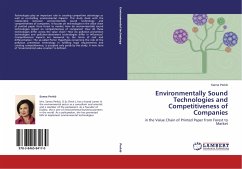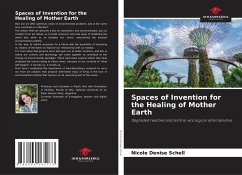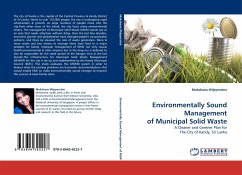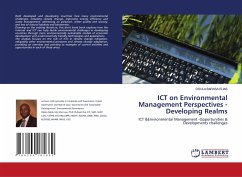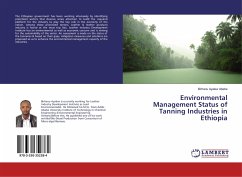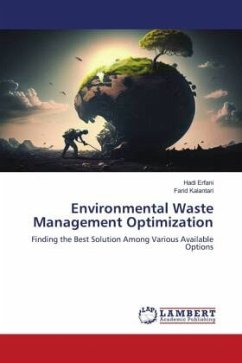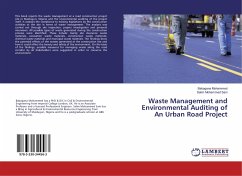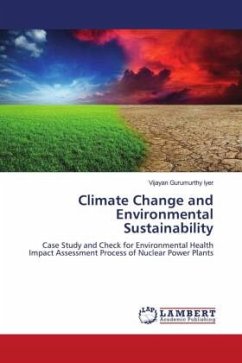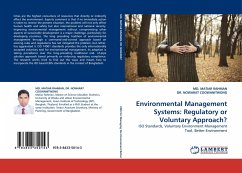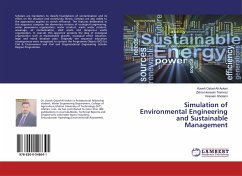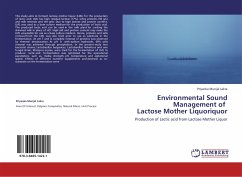
Environmental Sound Management of Lactose Mother Liquoriquor
Production of Lactic acid from Lactose Mother Liquor
Versandkostenfrei!
Versandfertig in 6-10 Tagen
32,99 €
inkl. MwSt.

PAYBACK Punkte
16 °P sammeln!
This study aims to ferment lactose mother liquor (LML) for the production of lactic acid. LML has high residual lactose (17%), whey proteins (50 g/L) and milk minerals and the salts. Due to high lactose and protein content, LML was used as a base culture medium for the production of lactic acid. The produced lactic acid can be used in the milk plant for curding the skimmed milk in place of HCl. High salt and protein content may make the LML unsuitable for use as a base culture medium. Hence, proteins and salts removal from the LML was also tried prior to use as substrate in the fermentation. A...
This study aims to ferment lactose mother liquor (LML) for the production of lactic acid. LML has high residual lactose (17%), whey proteins (50 g/L) and milk minerals and the salts. Due to high lactose and protein content, LML was used as a base culture medium for the production of lactic acid. The produced lactic acid can be used in the milk plant for curding the skimmed milk in place of HCl. High salt and protein content may make the LML unsuitable for use as a base culture medium. Hence, proteins and salts removal from the LML was also tried prior to use as substrate in the fermentation. At pH 7 and 8, complete removal of proteins was observed by thermal denaturation. At pH 9, with sodium hydroxide, 69% salts removal was achieved through precipitation. In the present study two bacterial strains, Lactobacillus bulgaricus, Lactobacillus helveticus and one fungal strain, Rhizopus oryzae, were tried for the fermentation of LML to produce lactic acid. Fermentation was optimized for the operational parameters, such as, media strength, pH, temperature and agitational speed. Effects of different nutrient supplements and dextrose as co-substrate on the fermentation were



